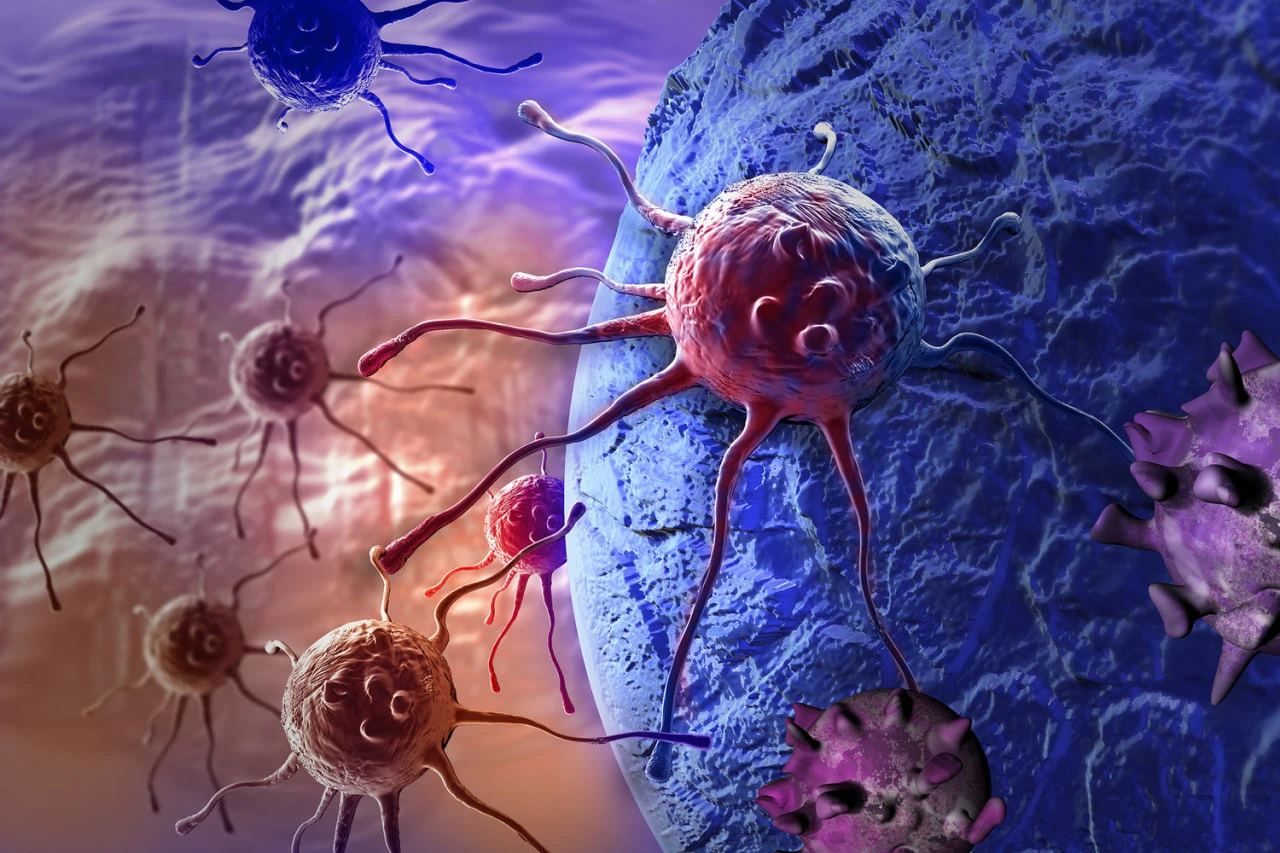Exopolisakhard Eps3.9, which was separated from sea spongiibacter nanhainus, capable of providing self-destruction of cancer cells. This conclusion was scientists from the China Academy of Sciences. The results of the study were published in The Faseb Journal.
EPS3.9 Molecule consists of manoz and glucose. Laboratory tests have shown that exopoolsakhard can cause pyroptosis, an inflammatory form of programmed mobile death, in tumor cells. This mechanism differs from classic apoptosis. It is more aggressive, accompanied by the decadeprasion of the mobile membrane and launching signals capturing the immune system.
Scientists have found that EPS3.9 directly affects the fat molecules of the cell membrane. This causes a chain reaction that leads to inflammation and cell inside of cells. This influence was observed in human mobile cultures engaged in liecem modeling. In liver cancer, Eps3.9 not only slowed down the growth of tumors, but also intensified the immune response to it.
According to Doctor Chaom, Doctor of the China Academy of Sciences, this discovery emphasizes the potential of marine microorganisms as a source of new drugs. The study opens the prospect of processing pyroptosis activation, which can be an alternative to traditional chemotherapy. This approach is more selective and can be less toxic to healthy tissue.
Moreover, the activation of the immune system increases the likelihood of Eps3.9 to combine with existing immunosons.
However, scientists emphasize that the results on animals do not always fully reflect the reaction of the human body. Large-scale clinical trials are needed to confirm the efficiency and safety of EPS3.9.
Translation of: Euromedia24.com


























